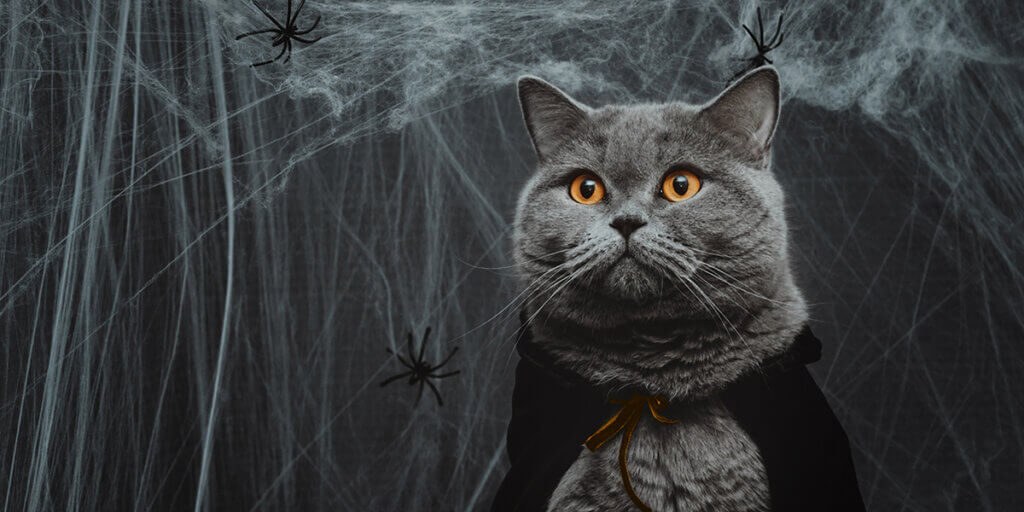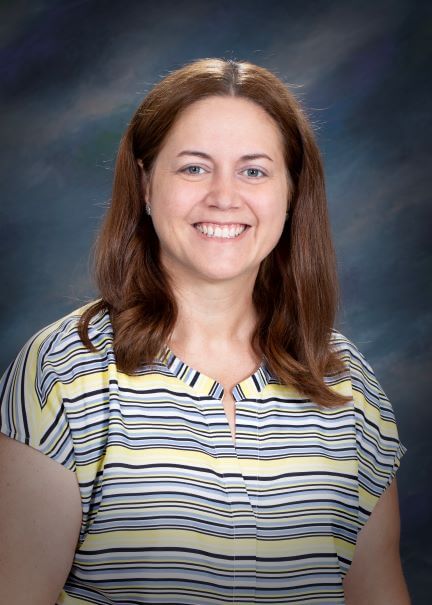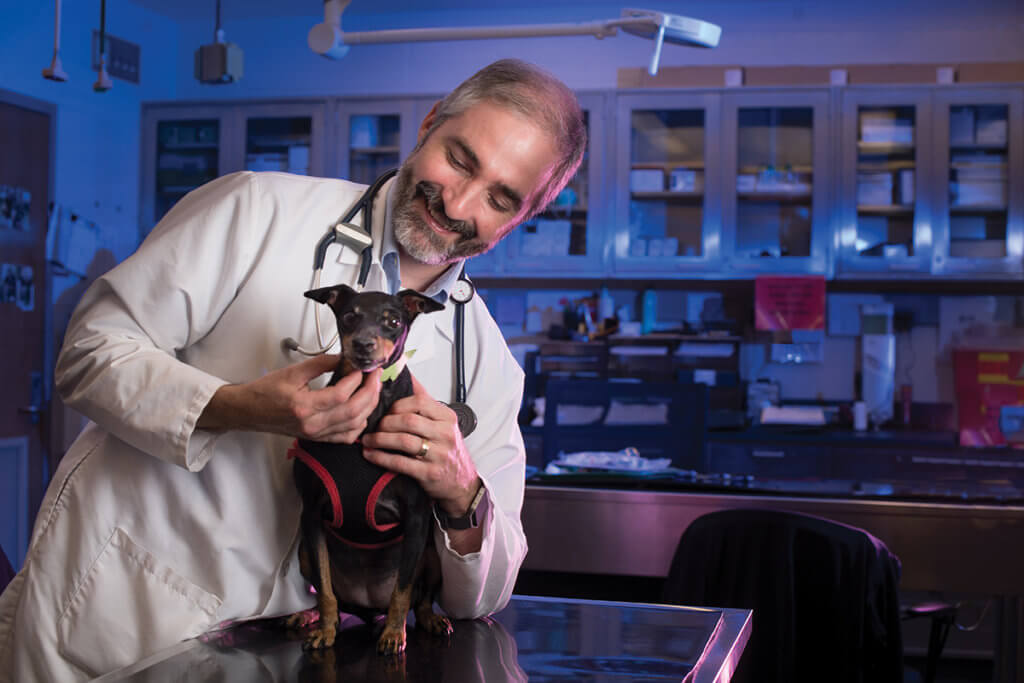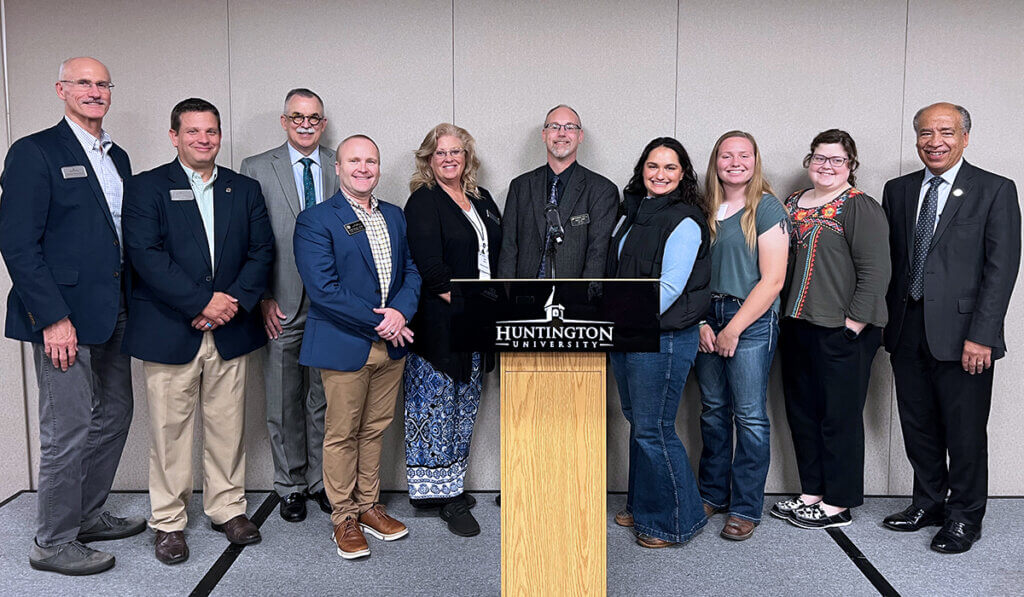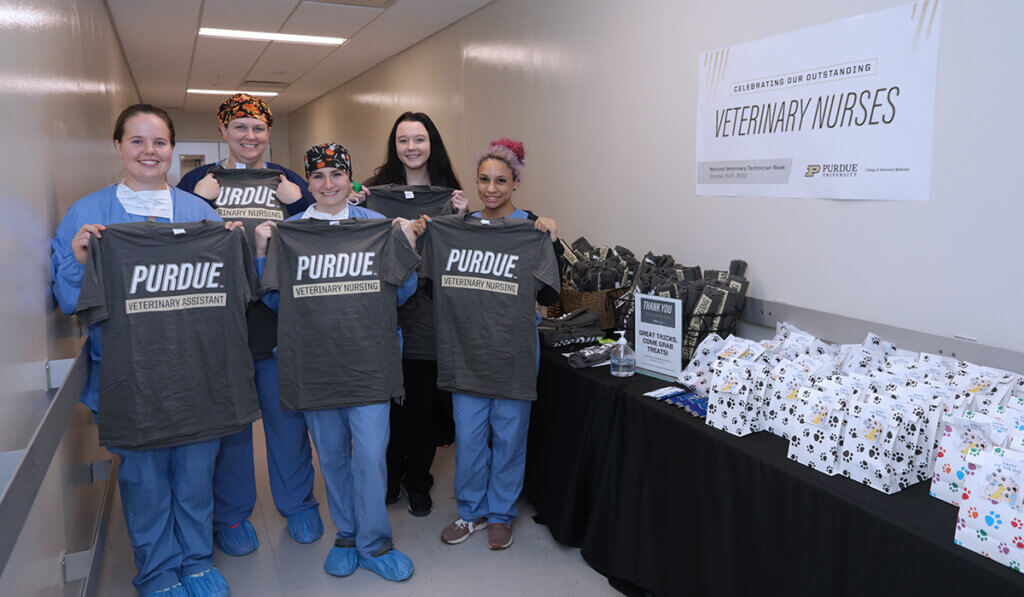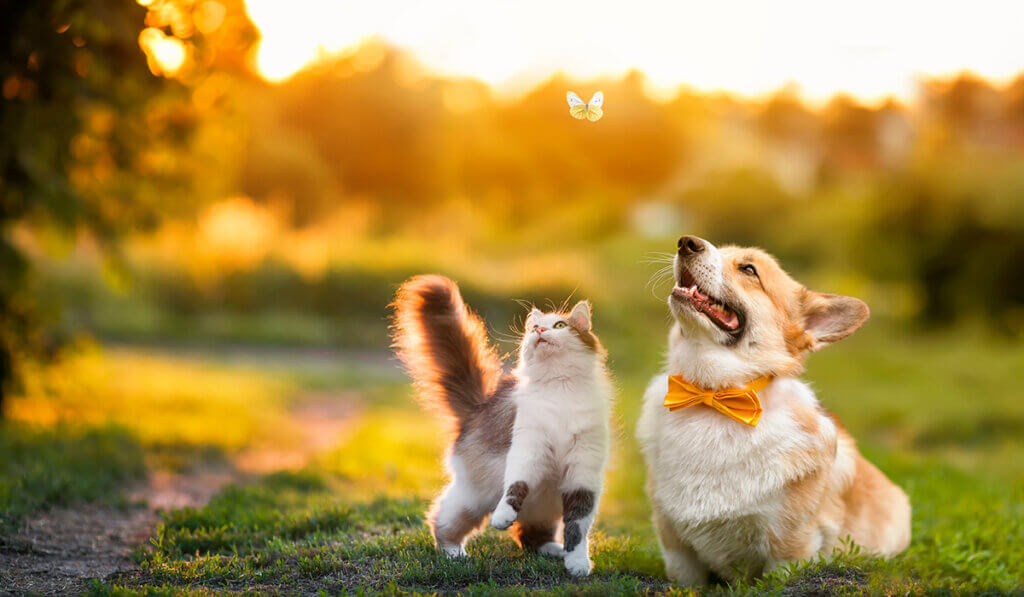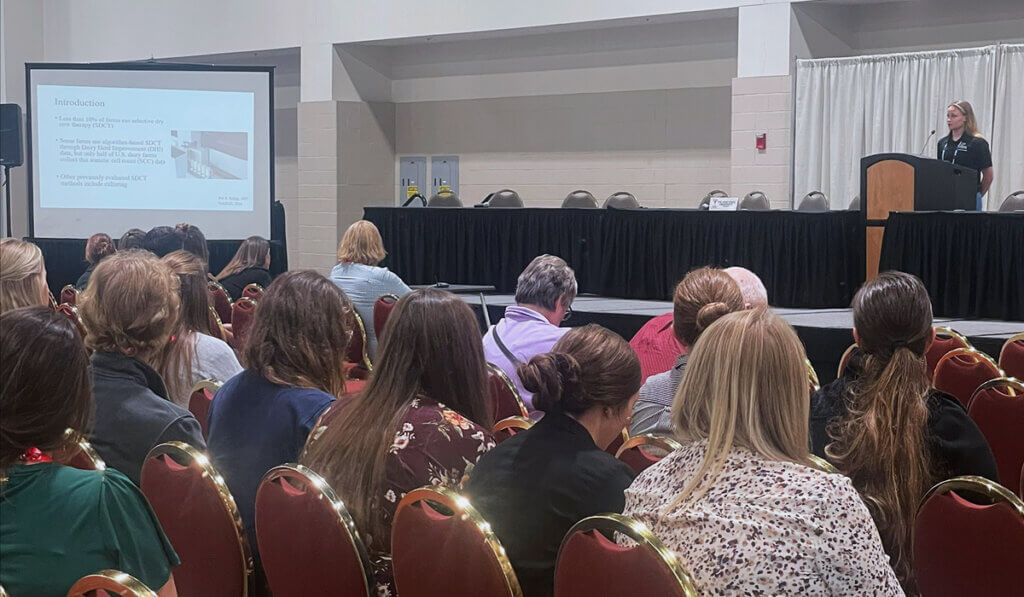Month: October 2023
Life-saving Blood Donations Support Pet Health: Treats Welcome (No Tricks)
October 27, 2023
Not all heroes wear capes. And then again some do.
With a lightning bolt streaking down the back or an upturned collar draped across the chin, caped creatures at this time of year bring to mind bags of candy and crunchy leaves underfoot. Now that the spookiest of seasons is upon us, if your house is more trick than treat, the thought of blood may make the hairs on your neck stand on end. But for a pet in the Purdue University Veterinary Hospital’s Blood Donor Program, a furry cape marks an unsung hero and blood is certainly no trick.
Purdue Veterinary Nursing Instructor Kara Burns is First Veterinary Technician Named as a Bridge Club Industry ICON
October 27, 2023
The Bridge Club, a conversation company, has announced that Kara M. Burns, MS, MEd, LVT, CVT, VTS (Nutrition), VTS Hon (Internal Medicine, Dentistry) will be honored as the 2024 Bridge Club Industry ICON. Kara, who teaches in Purdue’s Veterinary Nursing Nutrition course, is the ninth ICON and the first veterinary nurse/veterinary technician to receive the honor. She will be formally recognized during The Bridge Club ICON event January 13 in Orlando, Florida.
“Paws Up” – Brought to you by the PVM Wellness Committee
October 27, 2023
Today we are highlighting Jennifer Smith, BS, RVT, RLATG, who is the senior instructional specialist/clinical coordinator in the Veterinary Nursing program, and she also is the advisor for the Veterinary Nursing Student Organization.
VCS Professor is Involved in New Pediatric Cancer Research Center Named for Tyler Trent
October 27, 2023
The recently announced Tyler Trent Pediatric Cancer Research Center within the Purdue Institute for Cancer Research has a strong tie to the Purdue University College of Veterinary Medicine through a faculty member in the Department of Veterinary Clinical Sciences – Dr. Michael Childress. The new center is named in memory of the former graduate and devoted Boilermaker football fan who passed away more than four years ago from the rare bone cancer osteosarcoma. The center will be home to research to cure the disease that claimed Tyler’s life and other pediatric cancers.
PVM Goes on the Road to Showcase Impact of Purdue’s Veterinary Nursing Distance Learning Program
October 20, 2023
Representatives of the Purdue University College of Veterinary Medicine took a road trip across the state earlier this month to spotlight the college’s role in addressing the pressing issue of a shortage of veterinary nurses (veterinary technicians). Through a series of evening events in Evansville, Indianapolis, Valparaiso, and Huntington during the first week of October, Dr. Chad Brown, director of Purdue Veterinary Nursing Programs, presented a talk entitled, “Addressing the Indiana Registered Veterinary Technician Shortage Through Distance Learning.”
Appreciation Week Celebrates College’s Veterinary Nurses and Assistants
October 20, 2023
The Purdue University College of Veterinary Medicine takes great pride in educating the entire veterinary team, and veterinary nurses and assistants are a big part of that team! To show its support and gratitude, the college held a week-long celebration during Veterinary Nursing Appreciation Week (nationally known as Veterinary Technician Week), October 16-20. The series of special activities were thoughtfully planned as part of the college’s long-standing tradition of recognizing veterinary nurses during the appreciation week for the vital roles they play in the veterinary medical profession.
Coppoc One Health Lecture Spotlights Issue of Antimicrobial Use in Food Animals
October 20, 2023
Lynn Hall is the location for the 2023 Coppoc One Health Lecture featuring a talk that will look at the issue of antimicrobial use in food animals through a One Health lens. Scheduled for Thursday, November 2 at 12:20 p.m. in Lynn 1136, the presentation will be given by Dr. Renata lvanek, a professor of epidemiology at Cornell University and co-director of Cornell’s Combined DVM-PhD Degree Program and the Cornell Institute for Digital Agriculture. The title of her talk incorporates a Lord Kelvin quote: “‘If you cannot measure it, you cannot improve it’ (Lord Kelvin): Antimicrobial Use in Food Animals Through a One Health Lens.”
The Power of Gratitude: Appreciation Boosts Well-Being
October 20, 2023
This October as we celebrate National Veterinary Nurses Appreciation Week, the PVM Wellness Committee would like to highlight how we all can take advantage of a popular evidence-based strategy to boost our collective well-being. Research shows that both extending, and receiving, gratitude can have a profound impact on workplace well-being and career satisfaction.
PVM Honored with 2023 National Health Professions Higher Education Excellence in Diversity Award
October 20, 2023
The Purdue University College of Veterinary Medicine has received the Health Professions Higher Education Excellence in Diversity (HEED) Award for the fourth consecutive year. Presented by INSIGHT Into Diversity magazine, the oldest and largest diversity-focused publication in higher education, the national award recognizes U.S. health colleges and universities that demonstrate an outstanding commitment to diversity and inclusion. As an award recipient, the college will be featured, along with 61 other HEED Award recipients, in the November/December 2023 issue of INSIGHT Into Diversity magazine.
DVM Student Takes Top Prize at AABP Competition
October 6, 2023
The Purdue University College of Veterinary Medicine was well represented at the American Association of Bovine Practitioners’ 56th Annual Conference by faculty, staff, and students in attendance, including Kelsey D’Amico, of the DVM Class of 2025, who was named the 2023 Overall Winner of the Student Case Presentation Competition. With the theme, “Evolving Expectations,” the annual AABP Conference took place September 21-23 in Milwaukee, Wisconsin.

